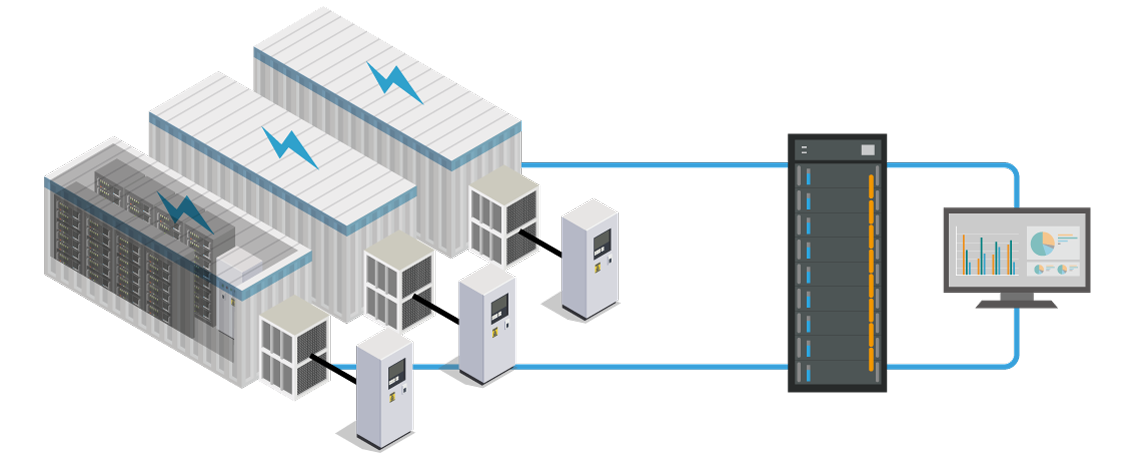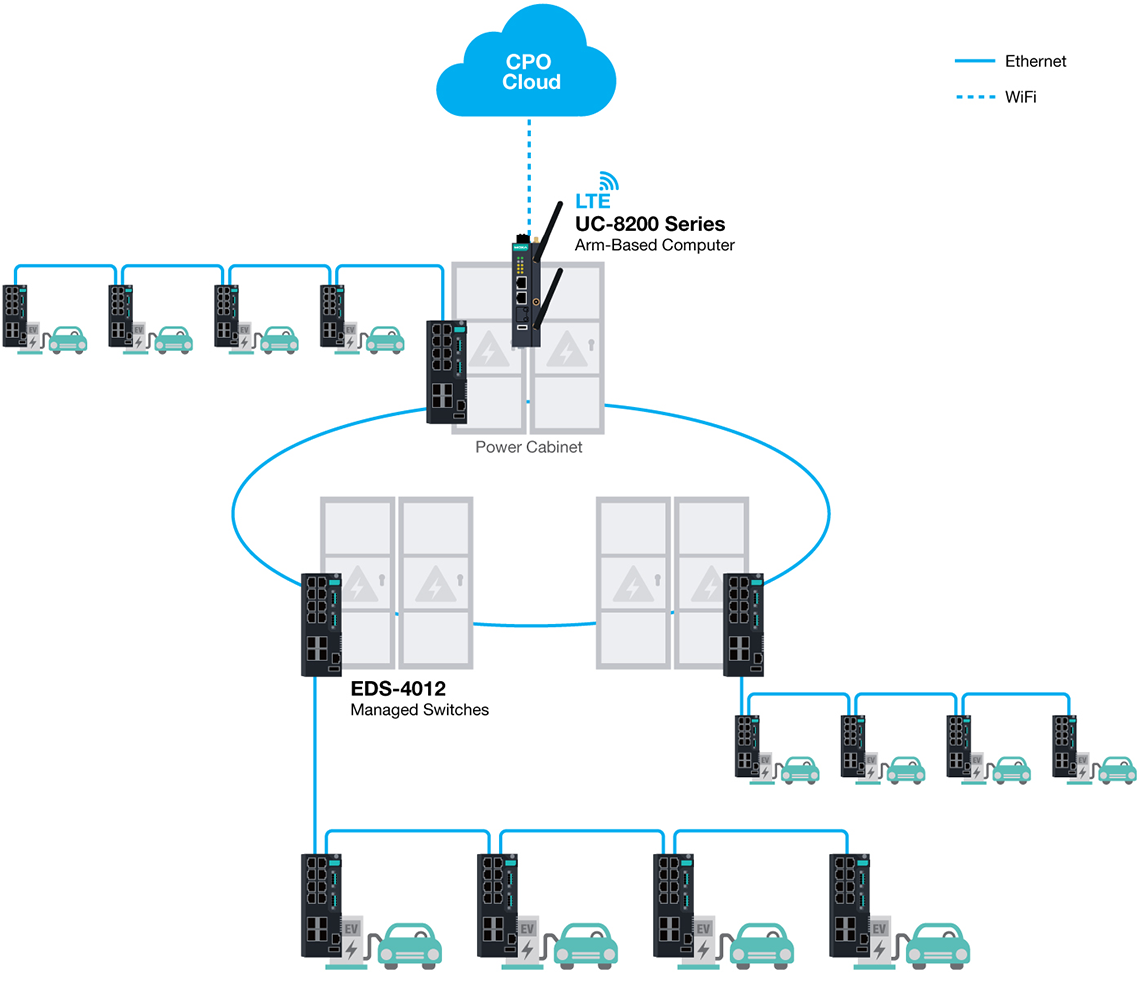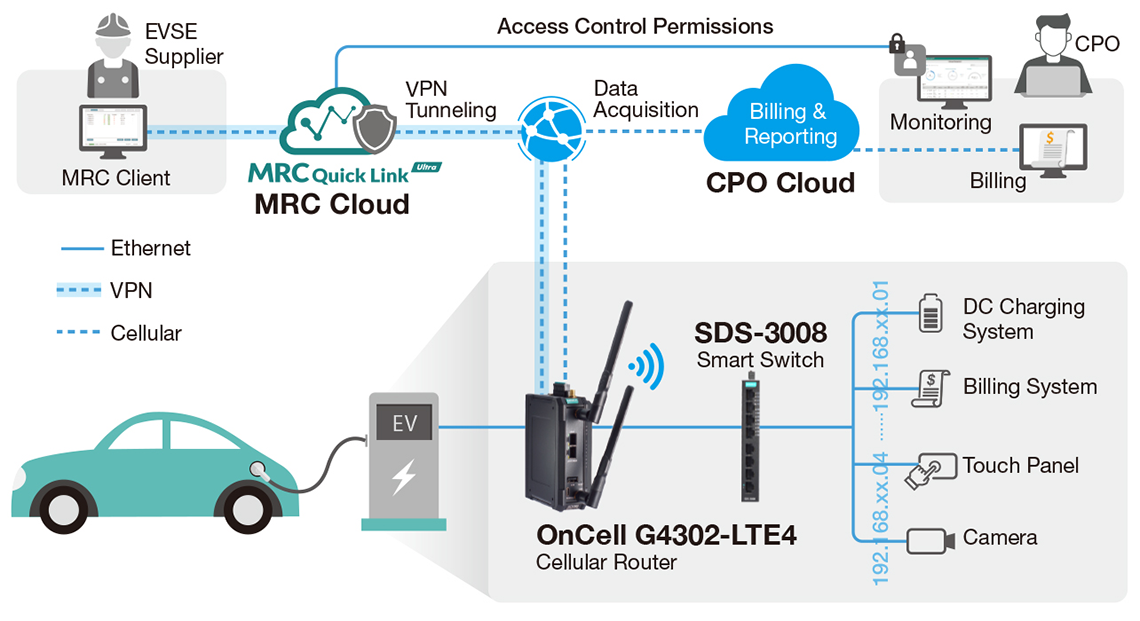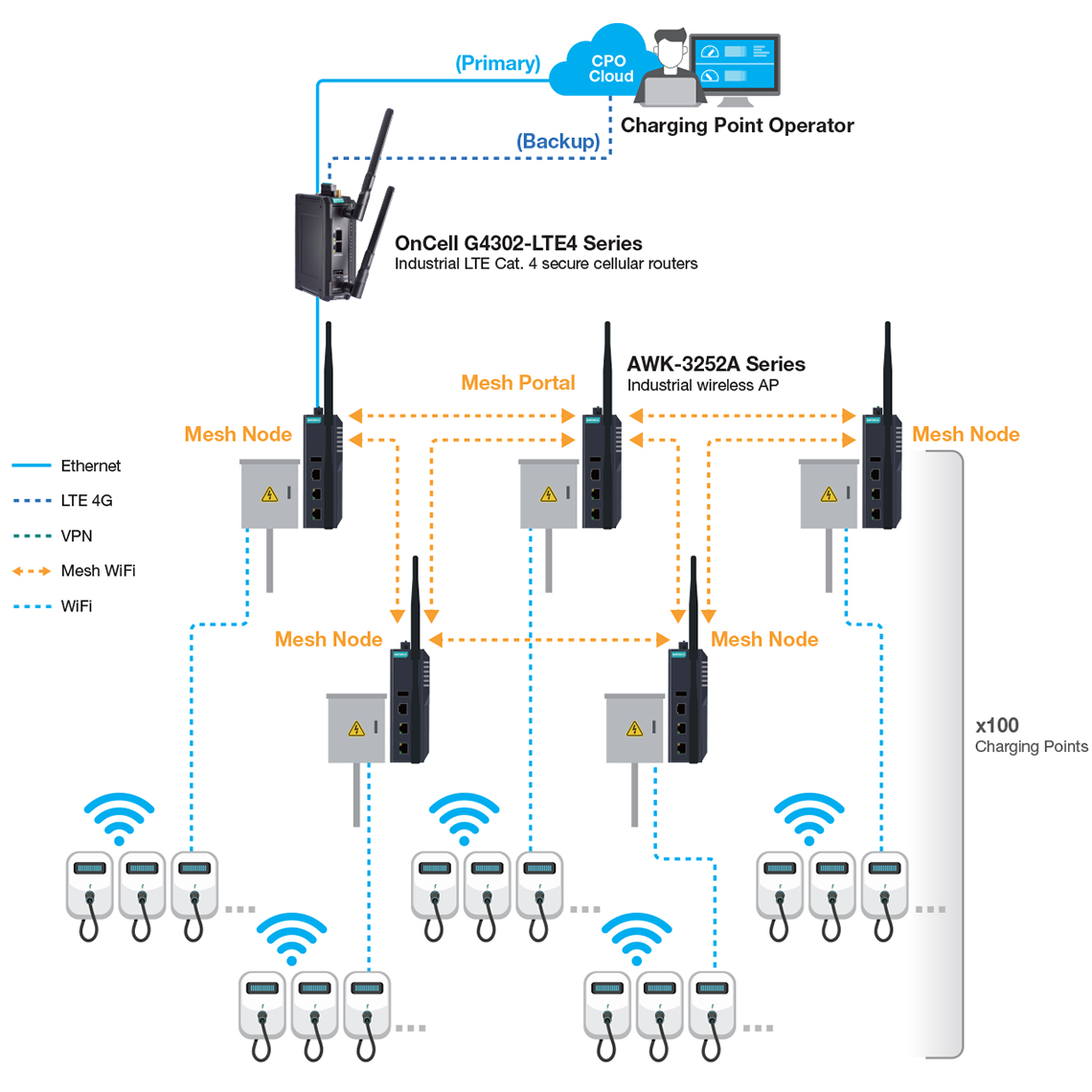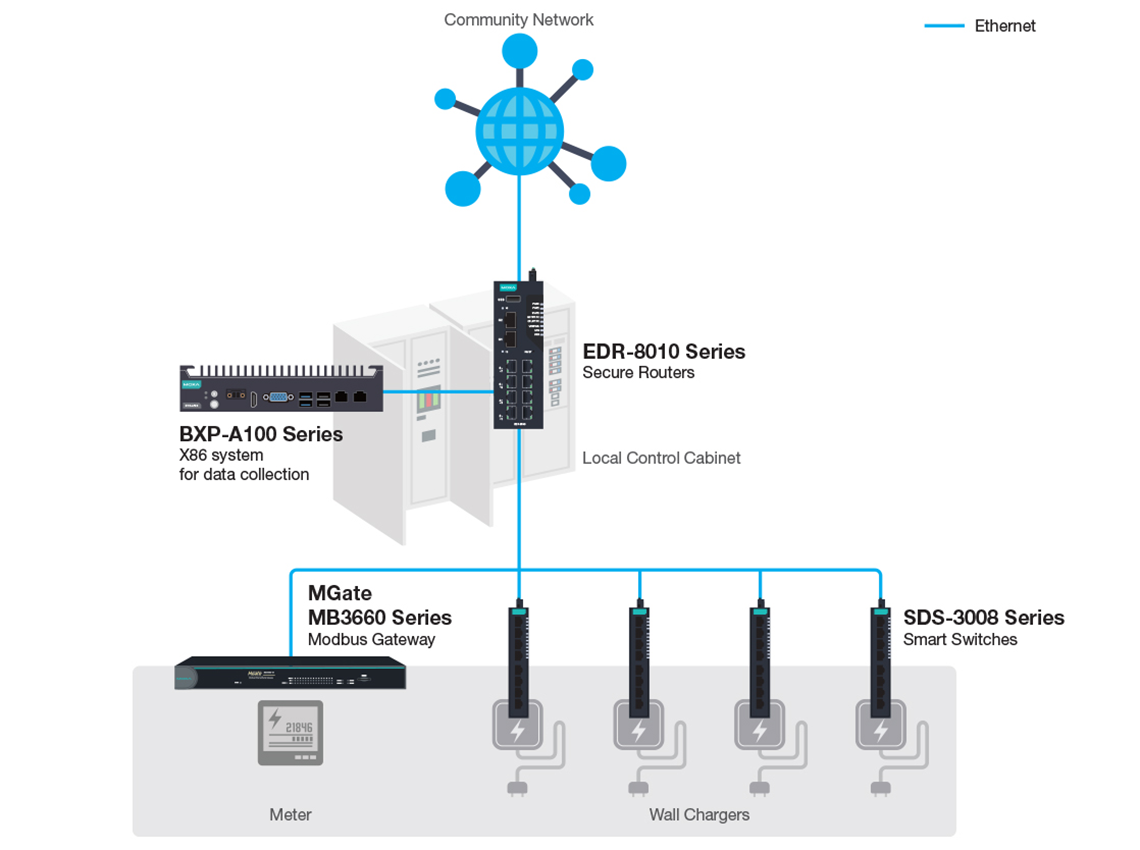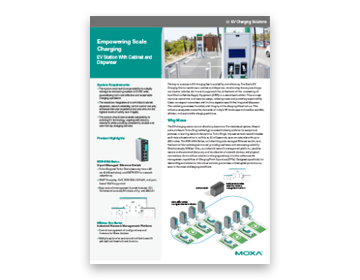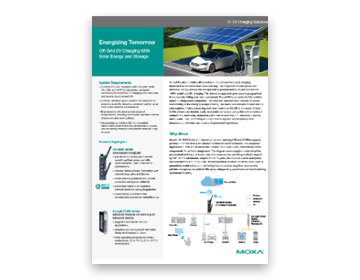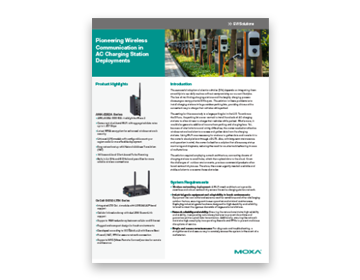As we strive for a carbon-neutral world, electric vehicles (EVs) are becoming indispensable for changing how we travel and consume energy. However, the widespread adoption of EVs depends on building a scalable and efficient Electric Vehicle Charging Infrastructure (EVI) that can meet rising energy demands while ensuring sustainability. To support the growth of EVs, energy systems need significant changes in their management. For example, the growing electricity demand from EVs is pushing traditional, one-way power grids to evolve into smart grids. These advanced, flexible, and distributed systems can handle higher loads while integrating decentralized energy sources. Simultaneously, incorporating renewable energy sources like solar and wind, alongside energy storage systems (ESS), is crucial for balancing energy supply and demand, enhancing grid stability, and reducing reliance on traditional power sources. Furthermore, advancements in smart charging and load management technologies are essential for optimizing power distribution and ensuring that EV charging infrastructure operates efficiently and sustainably across diverse environments.
Achieving a seamless and resilient EV charging infrastructure, however, requires overcoming several technical hurdles. A key challenge is achieving smooth communication between power grids, renewable energy sources, energy storage systems, and charging infrastructure, which requires robust protocol conversions for interoperability. Real-time data monitoring is also essential for energy management, as it allows for rapid fault detection, proactive maintenance, and system optimization. Finally, secure and reliable network communication is crucial to guarantee stable and high-performing EV charging systems, preventing disruptions that impact user experiences.
